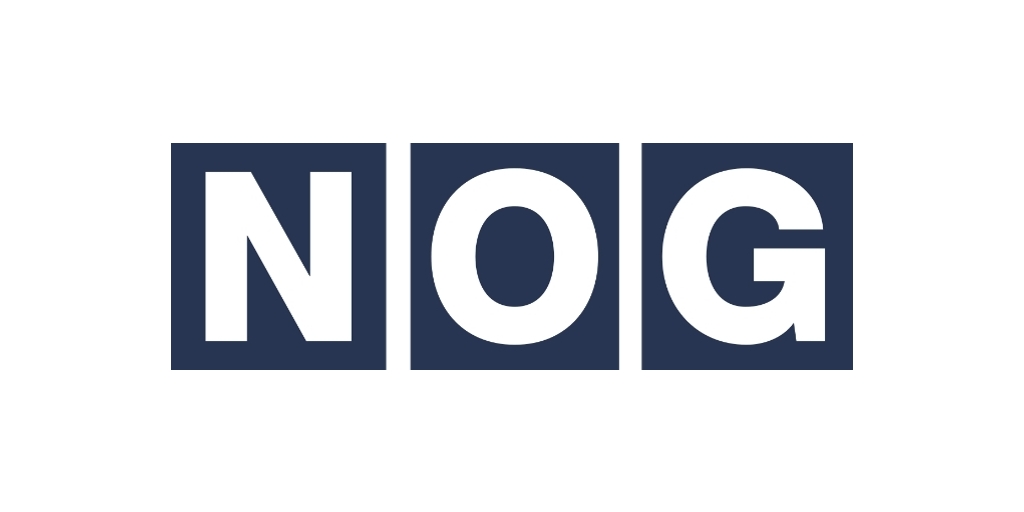(Bloomberg)
Nearly 200 nations are set to agree on details for running a fund designed to help vulnerable countries deal with more extreme weather stoked by global warming, marking a major breakthrough as international climate negotiations open in Dubai.
Delegates at the COP28 summit are preparing to adopt a framework for the World Bank to at least temporarily operate the so-called Loss and Damage Fund by the end of Thursday. With expected announcements of financial contributions in coming days, the program could start disbursing money early next year.
“There is the opportunity to walk away from here with a truly historic decision,” said Simon Stiell, executive secretary of the United Nations Framework Convention on Climate Change that runs the annual COP meetings. Reaching an agreement on loss and damage early “will send a powerful signal to all of the negotiating rooms.”
Still, the expected milestone belies many thorny challenges ahead. The plan for starting up the loss and damage fund is one of three main negotiated outcomes COP28 is working to deliver over the next two weeks. That includes how countries should react to the inadequate pace of efforts to slash greenhouse gas emissions, which has already prompted fights over what nations should collectively commit to do about fossil fuels in a warming world.
Conference leaders and delegates delivered sober warnings about the stakes of inaction on Thursday.
“It is clear we are not on track,” Jennifer Morgan, Germany’s climate envoy, told reporters in a briefing. She said the world faces “unimaginable” temperature rise and consequences “if we don’t accelerate and scale up our action.”
The EU, US and other countries are pushing for concrete pledges, including paring fossil fuels, tripling renewable energy and doubling energy efficiency. The potential fossil fuel language in the final agreement has been a major source of tension, with some oil-rich nations reluctant to embrace a commitment to phase them out altogether.
Stiell called for an unflinching approach. “If we do not signal the terminal decline of the fossil fuel era as we know it, we welcome our own terminal decline,” he said in opening remarks. “And we choose to pay with people’s lives.”
There are major questions still hanging over the loss and damage facility itself, including the source and scale of funding. Emerging economies argue that countries which industrialized first should make significant contributions, given they’re responsible for much of the greenhouse gas emissions accumulated in the atmosphere.
Germany’s Morgan said that countries “that are particularly capable,” such as China and Saudi Arabia, also should support the fund. “That would be a magnanimous gesture and also a signal of how these countries take their responsibilities for the most vulnerable countries seriously,” she said.
The draft text being considered on Thursday lays out a plan for replenishing the fund every four years, with contributions coming from a “wide variety of sources,” including grants and concessional loans. But it stops short of demanding contributions, merely urging countries to provide support “on a voluntary basis” and inviting developed nations “to take the lead” to provide seed money.
In coming days, several rich countries are expected to announce contributions to help fulfill a $200 million minimum necessary for the World Bank to launch operations. The UK is set to pledge money, the European Union has promised “substantial contributions” and the United Arab Emirates, the COP host, will also promise support, said people familiar with the matter who asked not to be named before an official announcement.
John Kerry, the US special presidential envoy for climate, said the country would provide several million dollars at the Bloomberg New Economy Forum in Singapore in early November but has not provided specifics. The US fought to ensure the framework text made contributions voluntary, and Kerry has emphasized the US already provides disaster relief funding through other channels.
“It’s important the fund does not represent any expression of liability” or “any sort of new legal requirements,” Kerry told reporters Wednesday. “We think that this fund — the way it’s designed — will meet the needs of vulnerable countries,” and “can be stood up quickly but confidently.”
It’s taken nearly a year to hammer out details for the fund, which nations resolved to create at the end of COP27 in Egypt. Representatives from nearly two dozen countries negotiated on specifics for months, including on the controversial decision to set it up as a financial intermediary fund hosted by the World Bank on a four-year interim basis.
Share This:




